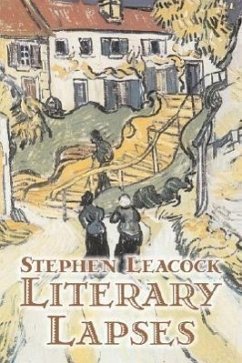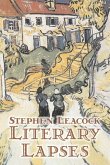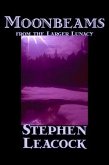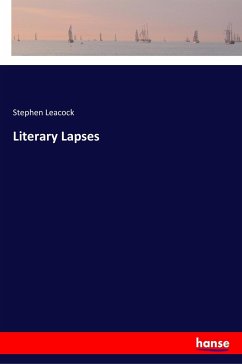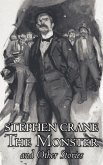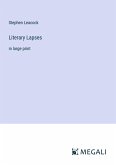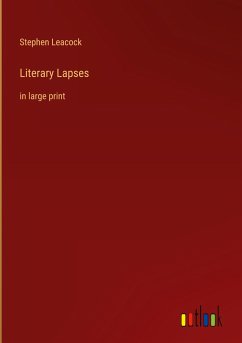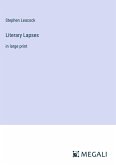Leacock (1869-1944) did have his serious side -- for he wrote learnedly of Twain and Dickens, and was a professor of political science and economics at McGill University . . . but it was when he set aside seriousness for levity, with such sketches as "How Tennyson Killed the May Queen" or "Hoodoo McFiggin's Christmas," that he has won over the English-reading public everywhere.
Hinweis: Dieser Artikel kann nur an eine deutsche Lieferadresse ausgeliefert werden.
Hinweis: Dieser Artikel kann nur an eine deutsche Lieferadresse ausgeliefert werden.

